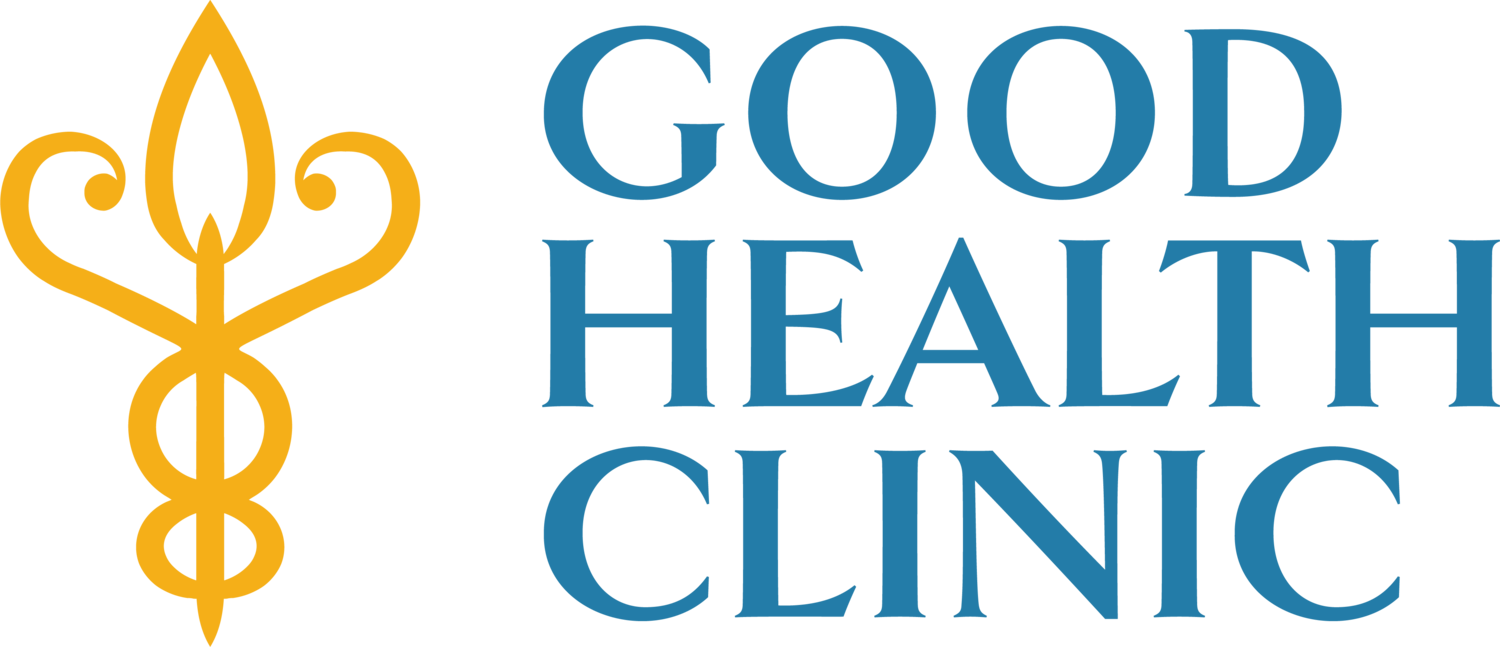Dr Google: The Good and the Bad and the Judicious
Patients often ask me about things they find in the internet. Part of my practitioner hat is to help people educate and empower themselves to take control of their own health, so I always take this seriously. Sometimes people alight on something useful and sensible. But there can be a real downside to surfing the net that can seriously impair a person’s progress in navigating their way towards better health.
The net: your library to the world
First of all, the obvious advantage of the net is access to knowledge. It is your library to the world and you have instant access to potentially useful health information you would not have had in the days before computers. As an Oxford undergraduate in the 1970s, I wrote my thesis by quill pen (well, almost) and did all my research in the Ashmolean and Bodleian libraries.That wouldn’t have been sufficient when I was searching the net a few decades later for the answers to some health problems. It was here that I first encountered the dangers of root fillings which launched me on a course of action which dramatically improved my health. So, the net does have some major advantages in connecting you with information, provided you know what you are looking for.
The net: some problems
With any source of information, you need to know how to evaluate it. There are lots of things on the net that initially make sense but on closer inspection may turn out not to be true. This is most often seen in the domaine of ‘unusual solutions,’ ‘quick solutions’ or ‘new cures’ not backed up by science. We are all susceptible to this kind of information.
There is also the situation that even if the information is true, it may not be true for you. Remember that Functional Medicine is based on detective work to find the triggers for your condition. This is why the same diet doesn’t work for everybody and why two people with the same clinical disease may have very different underlying causes. We are as biologically different on the inside as we look different on the outside. That is why there is no substitute for a personalised Functional Medicine recovery plan.
Don’t add hay
Some people seem prone to diving off the plan and chasing down the rabbit holes of other solutions on the net. I have patients who have already seen a number of doctors or practitioners and not gotten help with finding out what is going on with their health. Many are anxious for quick results and their anxiety can spill over into hours of trawling the net continuously looking for new solutions.
It is one thing to look for information that may help, but it makes no sense at all to keep trawling the net for solutions when you are already working with a Functional Medicine practitioner trained to do the necessary detective work. Rather than improving their case, I have observed that this kind of internet surfing only increases people’s anxiety and generates a list of new things to worry about. This increases stress and makes them even more inflamed. As one of my old mentors said recently, “When you’re looking for a needle in a haystack, don’t add hay.”
Multiple practitioneritis
Obsessive net trawling can lead to a condition that can seriously block your progress: multiple practitioneritis. This is where a patient starts one programme, then veers off, reads about somebody doing another thing online, tries a new practitioner, then does the same thing over again. No action really gets completed, the patient gets more stressed and confused, often seeking advice from lay people on forums and the case eventually winds up in a quagmire. This is not the same as working as a coordinated team by referring patients to dentists, ENT specialists and chiropractors when needed, which does forward patient recovery.
Multiple practitioneritis seems to be triggered by wanting an instant result or one-shot ‘cure’ and being distrustful or fearful of a repeat of failed interventions in the past. I tell patients it takes years for the complexity of their condition to build up, that it is my job to worry about what to do and cut through that complexity and translate this into a workable plan requiring different steps. It is never an overnight job, though I am happy when patients notice early results with dietary change and other interventions. As another old practitioner once said to me, “When you are laying a trail to get out of a forest and you are half way out of the forest and look back, you can still see the trail.” In other words, it is better to stick to an evolving plan rather than keep veering off the path and ending up in a quagmire.
Surfing the net and stress
One of the worst things about surfing the net is its impact on the nervous system, particularly on the stress response. Constantly looking for details drives key neurological responses; it puts you into fight or flight mode and turns on more stress, making you more inflamed. This pattern of dysfunction is likely to continue as you have as much chance of finding a perfect match for the complexity of your symptoms online as you have of winning the lottery.
A Functional Medicine clinician is in a much better position to help people sort out their unique underlying biology. We’re not looking for needles in haystacks - that is most unprofessional. We’re making a roadmap of your underlying biology from a thorough case history and lab results which will navigate you steadily and surely towards a healthier life.
If you would like any help getting back on track, please email me at goodhealthclinic@outlook.com.

